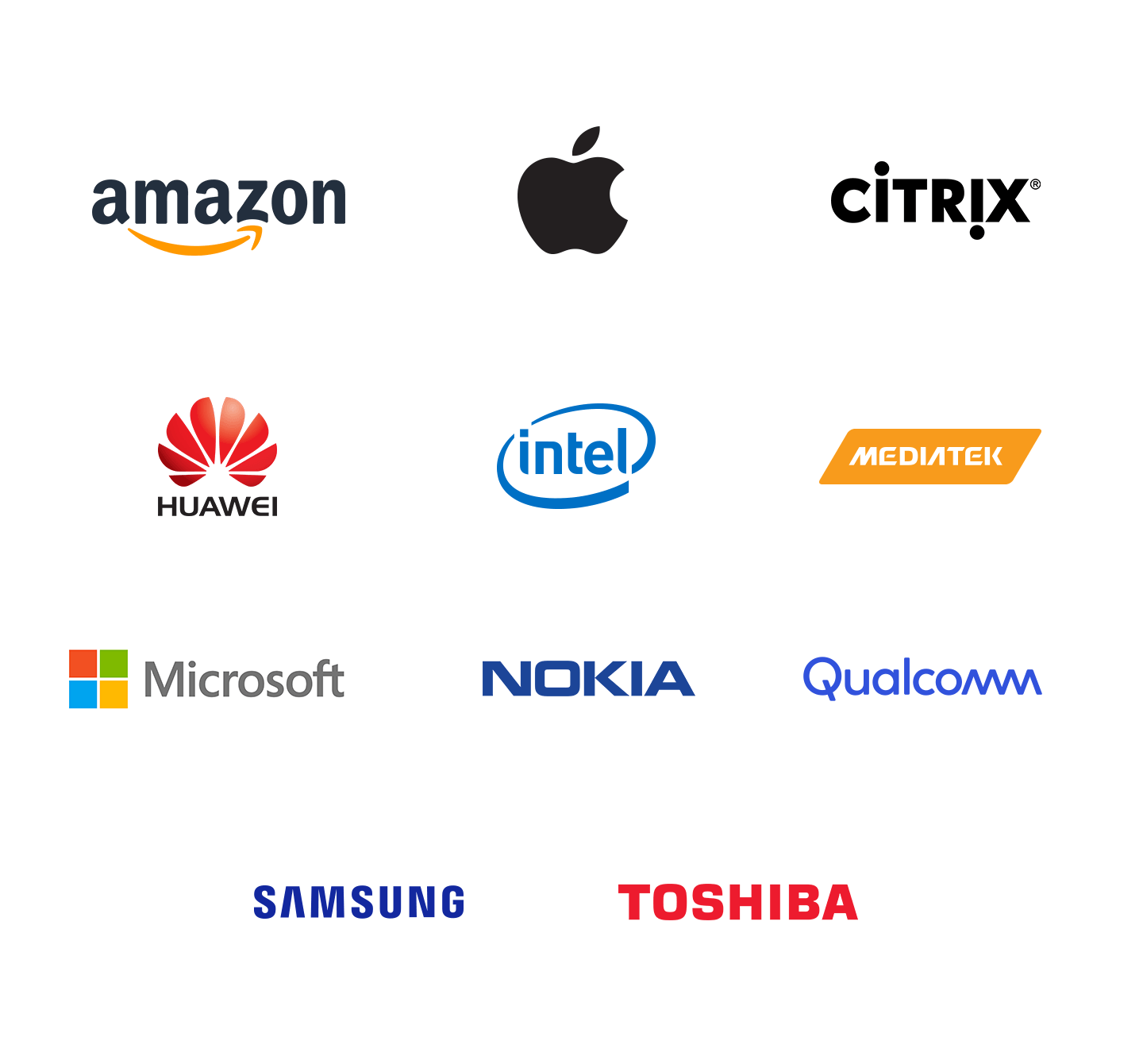Whether it's Artificial Intelligence, use of drones, data, robotics or any other pioneering approach, we pride ourselves on being at the forefront.
The digital sector is a significant part of our economy and ecosystem and has more than twice the employment in digitally intensive sectors compared to the rest of the UK.
Our digital sector delivers almost 9% of the region’s revenue and over 8% of its employment. Furthermore, it is the fastest growing knowledge intensive sector, increasing 10.4% in the three years to 2017 (compared to 6.6% for the knowledge intensive sector as a whole).
A global centre of expertise
Cambridge is a global centre of expertise in the development and commercial exploitation of Artificial Intelligence technology. Certainly, the prowess of Cambridge in AI is demonstrated by the continued and significant overseas investments by global tech giants, with Samsung and JD.com being just the latest examples, alongside homegrown players such as Darktrace, Geospock, Speechmatics and many more.
Investment location
Many global giants have a presence in Cambridge:

Cambridge has grown global ICT/Digital businesses over the last twenty years. Many have been acquired by overseas companies:
- Autonomy was founded in 1996, listed in 1998 and sold to HP for $11bn in 2011.
- CSR sold its handset technology division to Samsung for $310m in 2012. Recently, Samsung announced the opening of a new AI centre in Cambridge in May 2018.
- CSR was founded in 1998, floated in 2004 and sold to Qualcomm for $2.4bn in 2015.
- ARM was founded in 1990, floated in 1998 and sold to Softbank Group for $31bn in 2016.
- Aveva (formed out of the UK government funded CAD centre in 1994) and with revenues of £215m in 2017, agreed to merge with France-based Schneider Electric in 2018. Schneider Electric is now the largest shareholder.
Homegrown businesses
The region continues to grow global businesses. Frontier Developments, a gaming company founded in 1994, has a market value of £659m. Darktrace is the latest example of extremely rapid growth: started only in 2013 the company was valued at $1.25bn in July 2018 and employs 800 people worldwide.
It is the combination of home-grown businesses and talent, with the very substantial investment made by large, international corporates into the local economy that makes the region so compelling - the agglomeration effects referenced in the recent CPIER report make Greater Cambridge in particular a highly desirable and prestigious place for an ICT/Digital business to be based.
Cambridge based technology companies are “born global”. A survey of recent press announcements in Business Weekly shows companies active in numerous markets:
| Company | Product | Export market |
|---|---|---|
| CyanConnode (Cambridge) | Narrowband radio frequency mesh networks | Philippines, Ukraine |
| Sepura (Cambridge) | Digital radio specialist | Mexico |
| Bango (Cambridge) | Online payment | Chile, South Korea |
| Blighter Surveillance Systems | Radar and surveillance | India |
| UltraSoC | Embedded analytics | Asia |
| Pixel (Cambridge) | Radar | China |
Knowledge transfer
There is a long-established knowledge transfer system that is a key contributing factor to this area being one of the most well-regarded technology innovation hubs in the world. As a world-class example for digital knowledge transfer, the University of Cambridge’s Computer Laboratory and Cavendish Laboratory have been prolific sources of ICT and digital spin-out businesses. The Computer Laboratory has produced at least 200 companies, including Acorn, Jagex, Ubisense and Raspberry Pi foundation.
Anglia Ruskin University (ARU) brings considerable research and teaching excellence, including in emerging specialisms such as internet of things, cybersecurity, computer science and digital gaming. ARU is well-known for its multi-disciplinary approach to university education and research, as well as entrepreneurship, embracing industry collaboration via apprenticeships and effectively matching teaching activity to business needs.

